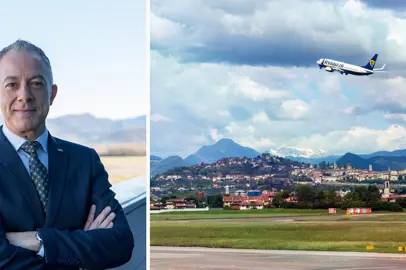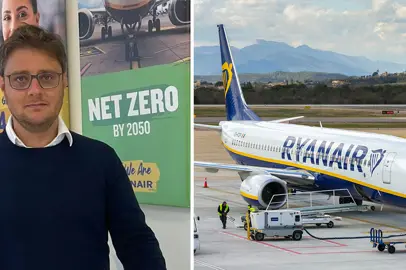Interview with Lorenzo Lagorio
As Country Manager for Italy, what are the main functions and responsibilities you hold? How is its role articulated in the context of a dynamic and competitive market like the Italian one?
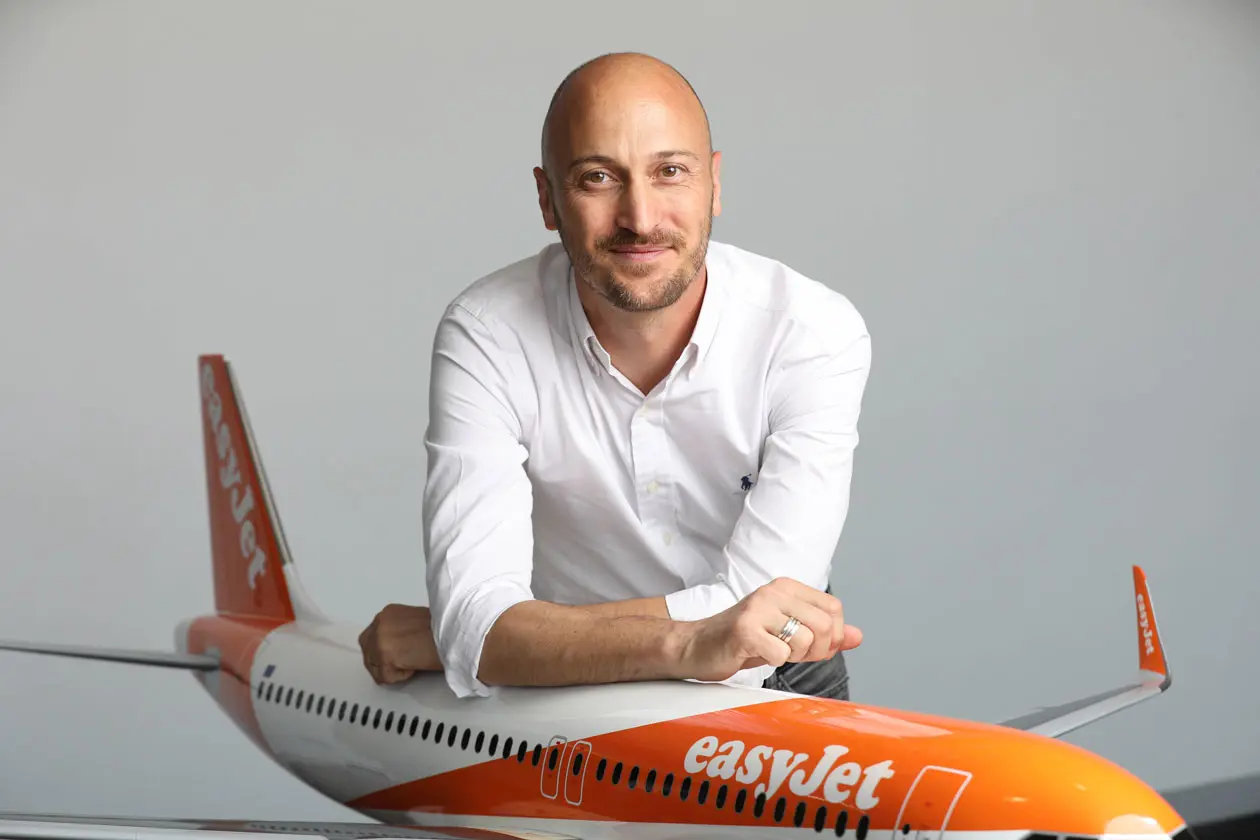
easyJet has recently strengthened its presence in Italy with the opening of two new operational bases, in Rome Fiumicino and Milan Linate. What are the strategic motivations that have guided these choices and what kind of impact will they have on the national and European network?
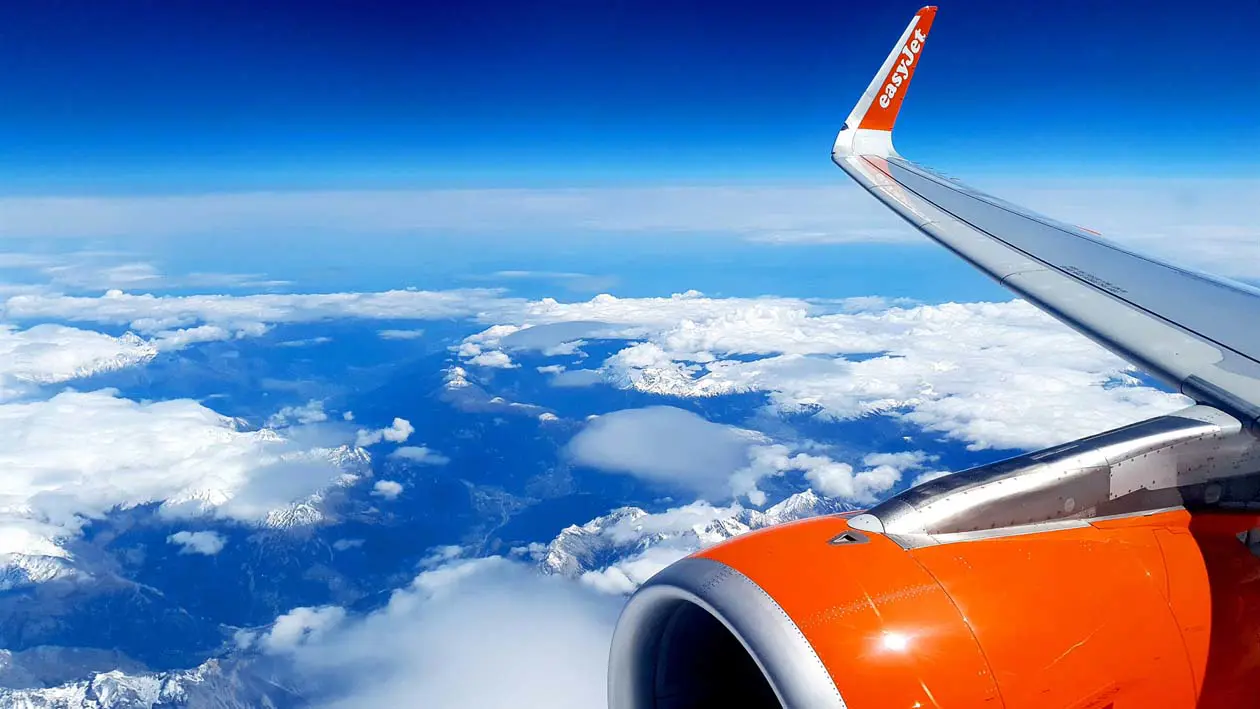
With the addition of new routes from Linate to business and leisure destinations and from Fiumicino to important European hubs such as Brussels, Munich and Zurich, what are the routes you are focusing on most in terms of demand and development?
"Our strategy aims to offer a balanced mix of business and leisure destinations. From Milan Linate, we now have a portfolio of important routes for business travellers such as Frankfurt, Brussels, Vienna, London, Berlin, Amsterdam, Copenhagen and many more. On the connections between Milan and Paris we are by far the leading company. At the same time, we have expanded our offer to leisure destinations, such as Palma de Mallorca, Ibiza, Figari, Split, Tenerife and Gran Canaria.
From Rome Fiumicino, in addition to new connections to airports such as Hamburg, Frankfurt, Munich, Brussels and Zurich, we continue to invest in established destinations, including Paris, London and Geneva. Our goal is to offer Italian passengers maximum flexibility and connectivity, both for work and leisure needs".
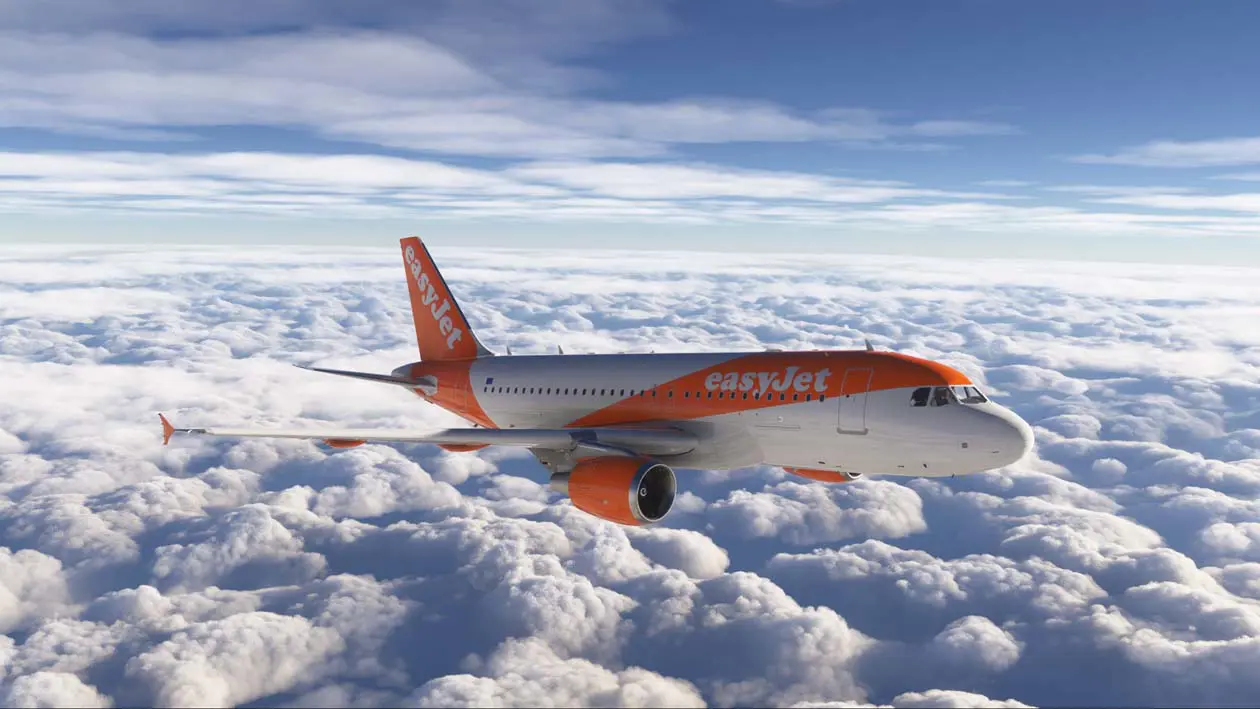
Sustainability is a key element for all airlines today. What concrete initiatives is easyJet taking to reduce the environmental impact of its operations, particularly in Italy?
"easyJet has set out a true roadmap towards net zero emissions, with the aim of reducing the intensity of its CO₂ emissions per passenger-kilometre by 35% compared to 2019 by 2035, and by 78% by 2050. We are investing in fleet renewal with new generation aircraft – such as the Airbus A320neo and A321neo – which enable a reduction in fuel emissions and emissions of more than 15% compared to previous models. We work on efficiency, trying to be increasingly sustainable in our operations and we actively collaborate with airports and industrial partners to promote the adoption of sustainable aviation fuels (SAF): for example, last winter, in collaboration with SEA Aeroporti di Milano, we signed an agreement with Enilive for the supply of SAF on some routes from Malpensa and we participated in the SAVES project promoted by ENAC and ENEA, which led to the drafting of the first guidelines for integrating hydrogen into the airport logistics chain. Our vision is that a sustainable transition of the sector is only possible by working in synergy with the entire supply chain".
The fleet is a fundamental asset to ensure efficiency and competitiveness. Can you give us an overview of the easyJet fleet currently operating in Italy and the investments underway for renewal or modernisation?
"In Italy, we currently operate 38 aircraft based between Milan Malpensa, Linate, Naples and Rome Fiumicino and are present in 19 Italian airports. Our fleet is predominantly composed of Airbus A320 Family aircraft, with a growing share of new generation aircraft (A320neo and A321neo) that guarantee greater efficiency, lower fuel consumption and reduced emissions. At group level, easyJet continues its fleet renewal and expansion programme, with significant orders for additional next-generation aircraft in the coming years. This investment allows us to improve the competitiveness and sustainability of our operations, offering passengers a more comfortable and modern experience".
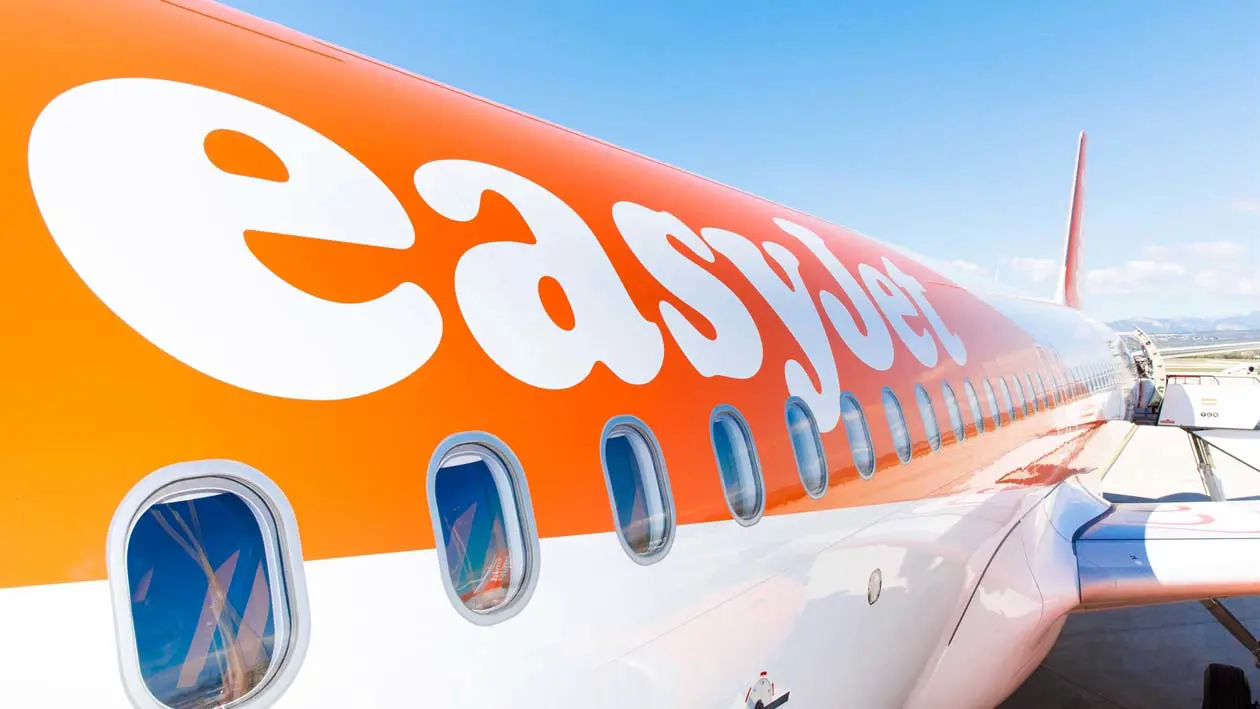
Passengers are increasingly attentive not only to price, but also to the quality of service. What are the services that easyJet makes available to Italian travellers to improve the flight experience, both on the ground and on board?
"We are aware that the quality of service is an increasingly important element for our customers and we constantly invest in digital innovation to facilitate all stages of the journey, from booking, to check-in, up to post-flight assistance. When booking, passengers can choose the baggage allowance that best suits their needs and select the seat they prefer; During the flight, we strive to always offer a friendly and attentive service, moreover, with our "cafe.shop." service on board, we try to meet all the tastes of our customers.
For business travellers, we have recently launched easyJet Plus for Business, a programme designed for companies and professionals that allows discounts on the purchase of easyJet Plus subscriptions, our benefits card that includes benefits such as fast track, priority boarding, the possibility to select seats for free – even premium seats – and to bring a large carry-on bag on board, as well as the possibility of bringing forward the return flight free of charge. Our goal is to make the easyJet experience simple and reliable for all passengers."
With Italy confirmed as easyJet's second largest European market, what are the company's medium-term objectives in our country and what future opportunities do you see in the Italian and European airport landscape?
"Italy is a key market for easyJet, with around 21 million seats available and more than 260 routes to and from 19 airports in 2025. Our goal is to consolidate our leadership in the airports where we already have an important presence and continue to invest in all our bases, but we will certainly also explore new opportunities to expand the network. We focus above all on increasing international connectivity and innovating services, particularly for business customers. We are convinced that Italy has all the credentials to be a protagonist in the European air transport landscape, and easyJet intends to be at the forefront of this growth path".
Interview by Angela Trivigno
